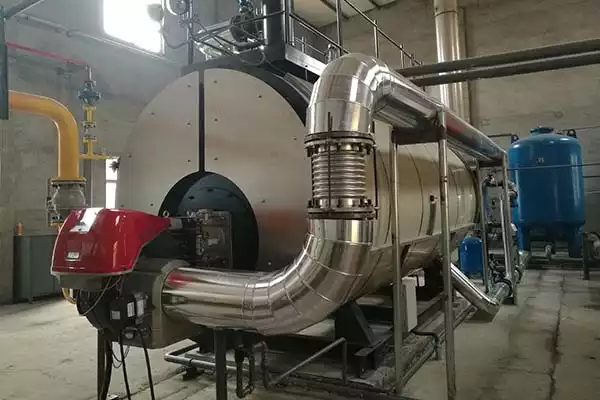
Boost Brewing Efficiency with Fangkuai Gas Boilers & Condensing Water Recovery >
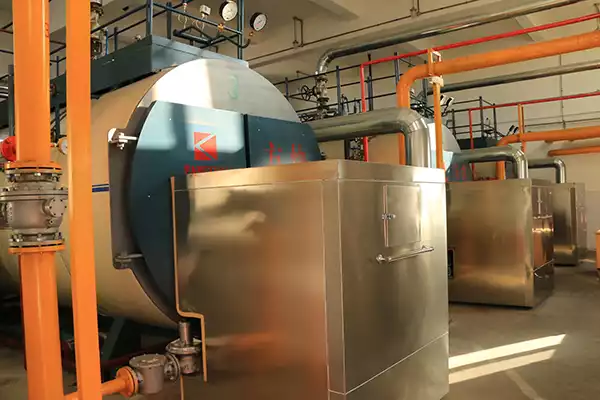
Empowering the Textile Industry in Bangladesh with Fangkuai Dual Fuel Boilers >
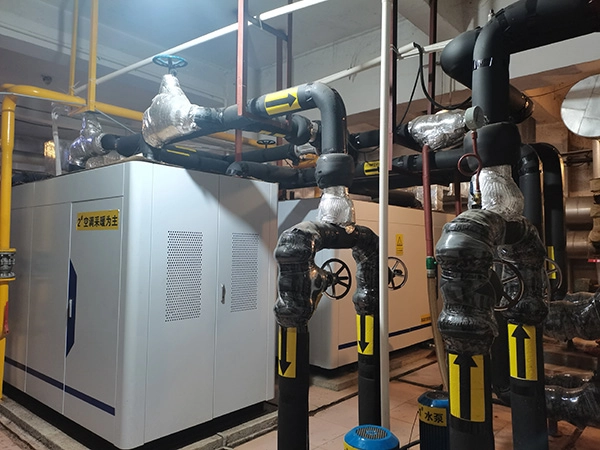
2023 Best Commercial Gas Boiler Prices >
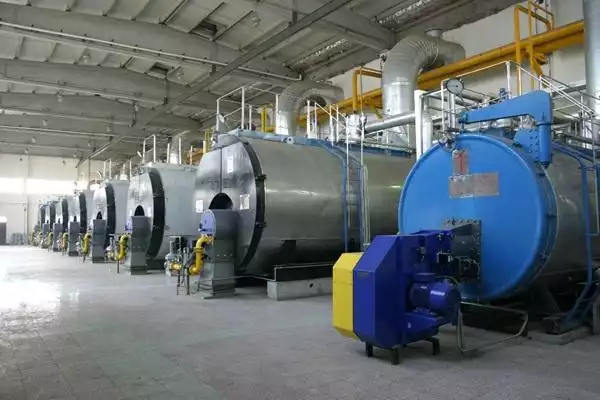
Fangkuai Boiler Introduces New Biomass Boilers >
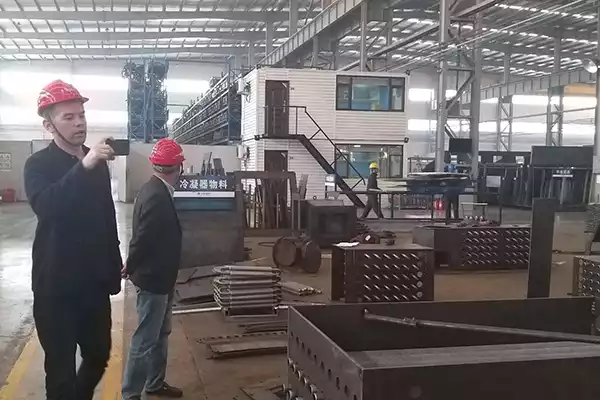
FangKuai Boiler Company: Leading the Way in Energy-efficient Boiler Manufacturing >
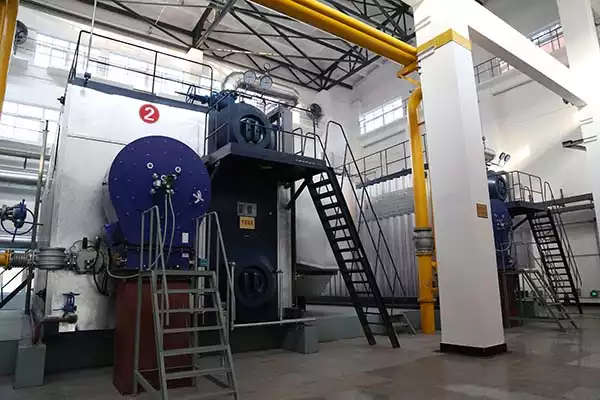
FangKuai Boiler Continues to Lead the Way in Energy-efficient Boiler Manufacturing >
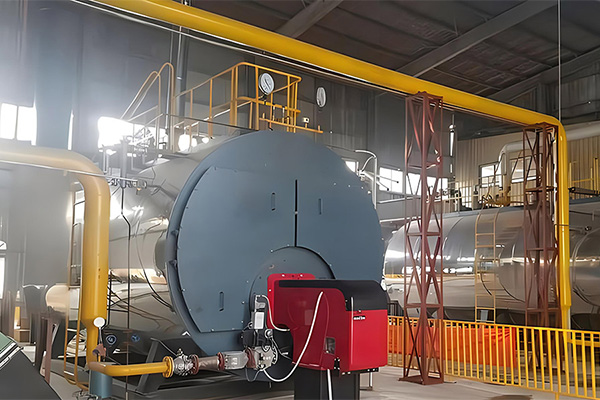
Eine vollständige Anleitung zu 2 Tonnen-Industriedampfkessel für kleine und mittlere Fabriken. Lernen Sie Anwendungen, Kraftstoffoptionen, Effizienz, Vorteile, Kostenfaktoren, und wie man den richtigen Heizkessel auswählt.
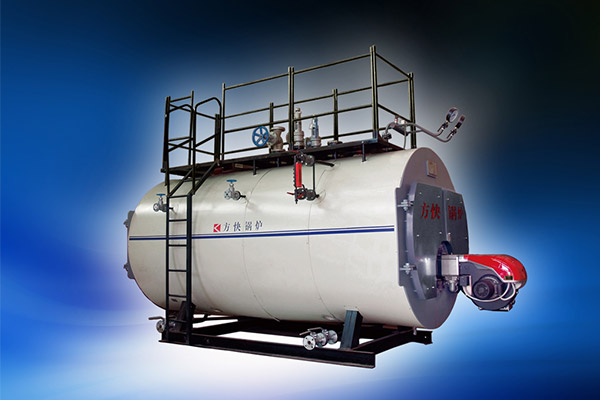
Ein vollständiger Leitfaden für die Industrie 6 Tonnendampfkessel, einschließlich Arbeitsprinzipien, Schlüsselspezifikationen, Anwendungen, Kraftstoffoptionen, Effizienzfaktoren, und Betriebskosten. Erfahren Sie, wie Sie das Richtige auswählen 6 Tonnenkessel für Ihre Fabrik.
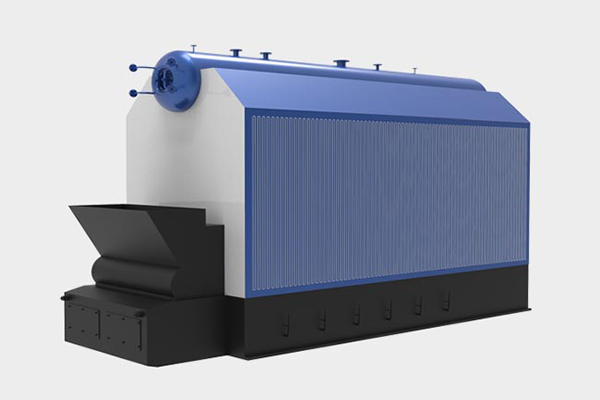
Entdecken Sie die tatsächlichen Kosten für Biomassekessel 2025, inklusive Ausrüstungspreisen, Installationsgebühren, Treibstoffkosten, Amortisationszeiten, und Expertentipps zur Reduzierung der Gesamtkosten.
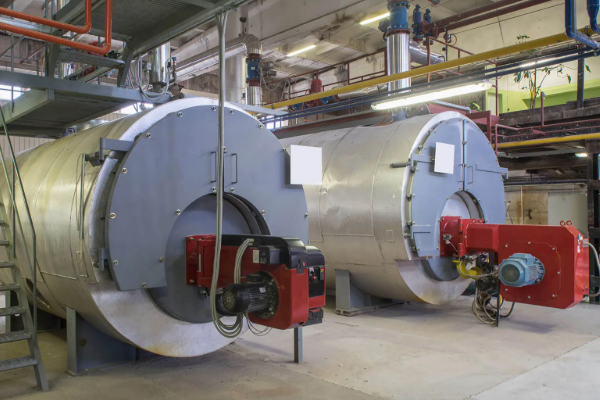
Entdecken Sie, wie lange Gas, elektrisch, und Ölkessel halten. Lernen Sie die Schlüsselfaktoren kennen, die die Lebensdauer des Kessels beeinflussen, Wartungstipps, und welcher Typ den besten Wert und die beste Haltbarkeit bietet.

Entdecken Sie, wie ein Altölkessel Ihre Heizkosten senken und die Umweltbelastung verringern kann. Erfahren Sie, wie Altölbrenner funktionieren, ihre Vorteile, Preis, und Installationstipps in dieser vollständigen Anleitung.
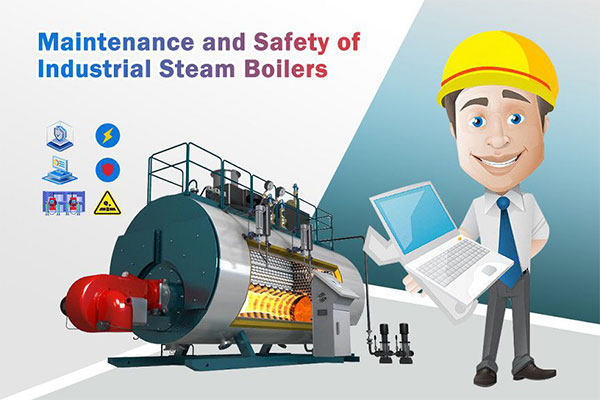
Entdecken 10 Wichtige Tipps zur Wartung von Dampfkesseln zur Steigerung der Effizienz, das Leben verlängern, und kostspielige Ausfälle verhindern.

Kesselsysteme sind das Herzstück vieler Heiz- und Industrieprozesse. Ob in Wohnhäusern eingesetzt, Gewerbebauten, oder Kraftwerke, Sie spielen eine entscheidende Rolle bei der effizienten Bereitstellung von Wärme und Warmwasser.
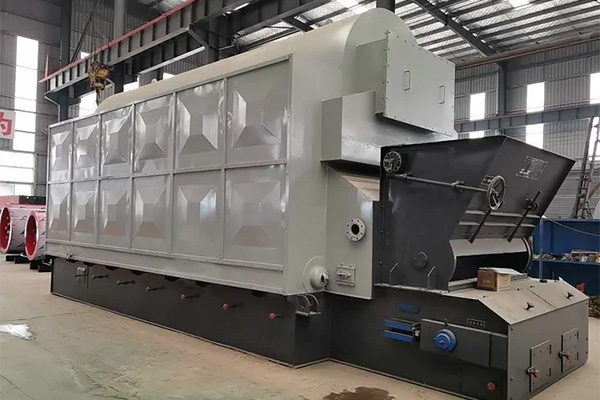
Entdecken Sie, wie Holzdampfkessel funktionieren, ihre Vorteile für die Umwelt, Typen, Auswahltipps, Wartungs- und Sicherheitshinweise, um zuverlässig zu sein, Kostengünstiges Heizen.
So reduzieren Sie den Kraftstoffverbrauch von Gaskesseln?
So reduzieren Sie den Brennstoffverbrauch von Gaskesseln? Für Gaskessel, um Brennstoff zu sparen und den thermischen Wirkungsgrad des Kessels zu verbessern, Wir müssen von den folgenden Aspekten ausgehen.Läuft ein höherer Kesseldampfdruck besser?
Ein niedriger Dampfdruck ist vorteilhaft für die Sicherheit druckführender Teile und einen geringen Energieverbrauch; aber die Dampfqualität ist relativ schlecht, mit geringer Wärmeenthalpie und hoher Luftfeuchtigkeit, Es kann schwierig sein, den Desinfektionsbedarf zu decken, Sterilisation, Anbau, Heizung, und Stromerzeugung.Formel für die Kesseleffizienz:So berechnen Sie den Wirkungsgrad eines Gaskessels?
Der Kesselwirkungsgrad bezeichnet das Verhältnis von Energieabgabe zu Energieaufnahme, ausgedrückt als Prozentsatz. Je höher der Wirkungsgrad, desto effektiver wandelt der Kessel Brennstoff in Wärme um. Das Erreichen einer optimalen Effizienz hat zahlreiche Vorteile, inklusive reduziertem Energieverbrauch, niedrigere Stromrechnungen, und ein kleinerer CO2-Fußabdruck.Gas Boiler : Der ultimative FAQ-Leitfaden
Fehlerbehebung bei Gaskesseln: Get answers to common gas boiler issues in this helpful Q&A page. Entdecken Sie Lösungen für Probleme wie das Nichteinschalten des Heizkessels, Temperatur einstellen, Gaslecks, fehlerhafte Zündung, und mehr. Lassen Sie sich von Experten beraten, damit Ihr Gaskessel reibungslos und effizient läuft.Schritt-für-Schritt-Anleitung zur Installation eines Ölkessels
Wählen Sie einen geeigneten Standort für die Installation des Ölkessels, Stellen Sie sicher, dass genügend Platz für den Heizkessel vorhanden ist, Öltank, und notwendige Rohrleitungen. Der Standort sollte für Wartungsarbeiten leicht zugänglich sein, gut belüftet, und die örtlichen Bauvorschriften einhalten.Installation eines Gaskessels: Ein Leitfaden für effizientes Heizen
Interessiert daran, zu lernen, wie man einen Gaskessel zu Hause richtig installiert? Wir bieten eine umfassende Installationsanleitung für Gaskessel, den Installationsprozess abbrechen, Vorsichtsmaßnahmen, und wie man für Sicherheit sorgt. Von der professionellen Installation bis zur wichtigen Wartung, Wir kümmern uns um die Heizung Ihres Hauses.wie man einem Dampfkessel Wasser hinzufügt?
Lernen Sie die wesentlichen Schritte und Techniken zum Nachfüllen von Wasser in einen Dampfkessel. Entdecken Sie die Bedeutung, Sicherheitsmaßnahmen, verschiedene Methoden, und Wartungstipps zur Aufrechterhaltung optimaler Wasserstände in Ihrem Dampfkesselsystem.7 Schritte, die Ihnen erklären, wie Sie einen Dampfkessel reinigen
Entdecken Sie die wesentlichen Schritte und Techniken zum effektiven Spülen eines Kesselsystems. Erfahren Sie die Bedeutung, Sicherheitsmaßnahmen, verschiedene Methoden, und Wartungstipps zur Aufrechterhaltung einer optimalen Kesselleistung.
vSehen Sie sich die Bewertungen unserer Kunden an
"Die Dampferzeuger von Fangkuai sind ausgezeichnet. Sie sind sehr einfach zu bedienen und erfordern nur minimale Wartung. Auch der Kundenservice bei Fangkuai ist außergewöhnlich. Sie sind sehr reaktionsschnell und immer bereit zu helfen. Bemerkenswert ist auch die Energieeffizienz der Dampferzeuger, was mir geholfen hat, Geld bei meinen Energierechnungen zu sparen. Ich kann die Dampfgeneratoren von Fangkuai sehr empfehlen."
Maria
Spanien"Der Dampfkessel von Fangkuai ist perfekt für meinen Lebensmittelverarbeitungsbetrieb. Es erfüllt alle unsere Anforderungen und ist sehr zuverlässig. Die Qualität der Materialien und die Konstruktion des Kessels sind außergewöhnlich. Außerdem ist es sehr einfach zu bedienen und zu warten, Das hat uns geholfen, Zeit und Geld bei der Wartung zu sparen. Ich kann die Dampfkessel von Fangkuai jedem wärmstens empfehlen, der zuverlässige Heizlösungen benötigt."
Json
Brasilien"Der Thermalölkessel von Fangkuai ist sehr einfach zu bedienen und zu warten. Es hat uns geholfen, Zeit und Geld bei der Wartung zu sparen, was zu erheblichen Kosteneinsparungen geführt hat. Die Qualität der Materialien und die Konstruktion des Kessels sind außergewöhnlich. Es ist auch sehr energieeffizient, was uns geholfen hat, Geld bei unseren Energierechnungen zu sparen. Ich kann den Thermalölkessel von Fangkuai sehr empfehlen ."
Allen
Brasilien"Der Dampfgenerator von Fangkuai ist perfekt für mein kleines Unternehmen. Es ist sehr einfach zu bedienen und erfordert nur minimale Wartung. Es ist auch sehr energieeffizient, was mir geholfen hat, Geld bei meinen Energierechnungen zu sparen. Der Kundenservice bei Fangkuai ist ebenfalls ausgezeichnet. Sie sind sehr reaktionsschnell und immer bereit zu helfen. Ich kann die Dampfgeneratoren von Fangkuai sehr empfehlen."
Ahmed
Ägypten"Der Kundenservice bei Fangkuai ist erstklassig. Sie halfen mir bei der Auswahl des perfekten Kessels für meine Bedürfnisse und boten während des gesamten Prozesses großartige Unterstützung. Der Installationsprozess verlief auch sehr reibungslos und der Kessel hat meine Erwartungen übertroffen. Es ist sehr einfach zu bedienen und zu warten, und die Energieeffizienz ist bemerkenswert. Ich kann die Produkte von Fangkuai jedem wärmstens empfehlen, der zuverlässige und effiziente Heizlösungen benötigt."
Juan
Mexiko"Ich habe für meine Fabrik einen Fangkuai-Dampfkessel gekauft, der seit Monaten einwandfrei funktioniert. Die Qualität der Materialien und die Konstruktion des Kessels sind beeindruckend. Es ist auch sehr energieeffizient, was uns geholfen hat, Geld bei unseren Energierechnungen zu sparen. Ich kann die Produkte von Fangkuai jedem wärmstens empfehlen, der zuverlässige und effiziente Heizlösungen benötigt."
John
USA"Der Dampfkessel von Fangkuai ist perfekt für meinen Lebensmittelverarbeitungsbetrieb. Es erfüllt alle unsere Anforderungen und ist sehr zuverlässig. Die Qualität der Materialien und die Konstruktion des Kessels sind außergewöhnlich. Außerdem ist es sehr einfach zu bedienen und zu warten, Das hat uns geholfen, Zeit und Geld bei der Wartung zu sparen. Ich kann die Dampfkessel von Fangkuai jedem wärmstens empfehlen, der zuverlässige Heizlösungen benötigt."
Json
Brasilien"Wir verwenden den Fangkuai-Thermalölkessel seit Jahren für unsere Chemieanlage und er hat uns nie im Stich gelassen. Der Kessel ist sehr langlebig und hält rauen Bedingungen stand. Außerdem ist es sehr einfach zu bedienen und zu warten, Das hat uns geholfen, Zeit und Geld bei der Wartung zu sparen. Die Thermalölkessel von Fangkuai sind erstklassig und ich kann sie jedem wärmstens empfehlen, der zuverlässige Heizlösungen benötigt."
Chang
China"Der Thermalölkessel von Fangkuai ist sehr einfach zu bedienen und zu warten. Es hat uns geholfen, Zeit und Geld bei der Wartung zu sparen, was zu erheblichen Kosteneinsparungen geführt hat. Die Qualität der Materialien und die Konstruktion des Kessels sind außergewöhnlich. Es ist auch sehr energieeffizient, was uns geholfen hat, Geld bei unseren Energierechnungen zu sparen. Ich kann den Thermalölkessel von Fangkuai sehr empfehlen ."
Allen
Brasilien